A team of researchers from the University of Cambridge and the University of California, Berkeley, have developed a novel artificial leaf system that harnesses sunlight to produce clean fuels and chemicals from carbon dioxide. The device utilizes a perovskite solar cell material and a copper nanoflower catalyst to convert CO₂ into hydrocarbons, key building blocks for various industries.
Tiny copper 'nano-flowers' have been attached to an artificial leaf to produce clean fuels and chemicals that are the backbone of modern energy and manufacturing. Researchers from the University of Cambridge and the University of California, Berkeley, have developed a practical way to make hydrocarbons -- molecules made of carbon and hydrogen -- powered solely by the sun.
The device they developed combines a light-absorbing 'leaf' made from a high-efficiency solar cell material called perovskite, with a copper nanoflower catalyst, to convert carbon dioxide into useful molecules. Unlike most metal catalysts, which can only convert CO₂ into single-carbon molecules, the copper flowers enable the formation of more complex hydrocarbons with two carbon atoms, such as ethane and ethylene -- key building blocks for liquid fuels, chemicals, and plastics. Almost all hydrocarbons currently stem from fossil fuels, but the method developed by the Cambridge-Berkeley team results in clean chemicals and fuels made from CO₂. The study builds on the team's earlier work on artificial leaves, which take their inspiration from photosynthesis: the process by which plants convert sunlight into food.'We wanted to go beyond basic carbon dioxide reduction and produce more complex hydrocarbons, but that requires significantly more energy,' said Dr. Virgil Andrei from Cambridge's Yusuf Hamied Department of Chemistry, the study's lead author. Andrei, a Research Fellow of St John's College, Cambridge, carried out the work as part of the Winton Cambridge-Kavli ENSI Exchange programme in the lab of Professor Peidong Yang at the University of California, Berkeley. By coupling a perovskite light absorber with the copper nanoflower catalyst, the team was able to produce more complex hydrocarbons. To further improve efficiency and overcome the energy limits of splitting water, the team added silicon nanowire electrodes that can oxidize glycerol instead. This new platform produces hydrocarbons much more effectively -- 200 times better than earlier systems for splitting water and carbon dioxide. The reaction not only boosts CO₂ reduction performance, but also produces high-value chemicals such as glycerate, lactate, and formate, which have applications in pharmaceuticals, cosmetics, and chemical synthesis. 'Glycerol is typically considered waste, but here it plays a crucial role in improving the reaction rate,' said Andrei. 'This demonstrates we can apply our platform to a wide range of chemical processes beyond just waste conversion. By carefully designing the catalyst's surface area, we can influence what products we generate, making the process more selective.'While current CO₂-to-hydrocarbon selectivity remains around 10%, the researchers are optimistic about improving catalyst design to increase efficiency. The team envisions applying their platform to even more complex organic reactions, opening doors for innovation in sustainable chemical production. With continued improvements, this research could accelerate the transition to a circular, carbon-neutral economy. 'This project is an excellent example of how global research partnerships can lead to impactful scientific advancements,' said Andrei. 'By combining expertise from Cambridge and Berkeley, we've developed a system that may reshape the way we produce fuels and valuable chemicals sustainably.' The research was supported in part by the Winton Programme for the Physics of Sustainability, St John's College, the US Department of Energy, the European Research Council, and UK Research and Innovation (UKRI)
Artificial Leaf Solar Energy Hydrocarbons Carbon Dioxide Catalysis Sustainability
United States Latest News, United States Headlines
Similar News:You can also read news stories similar to this one that we have collected from other news sources.
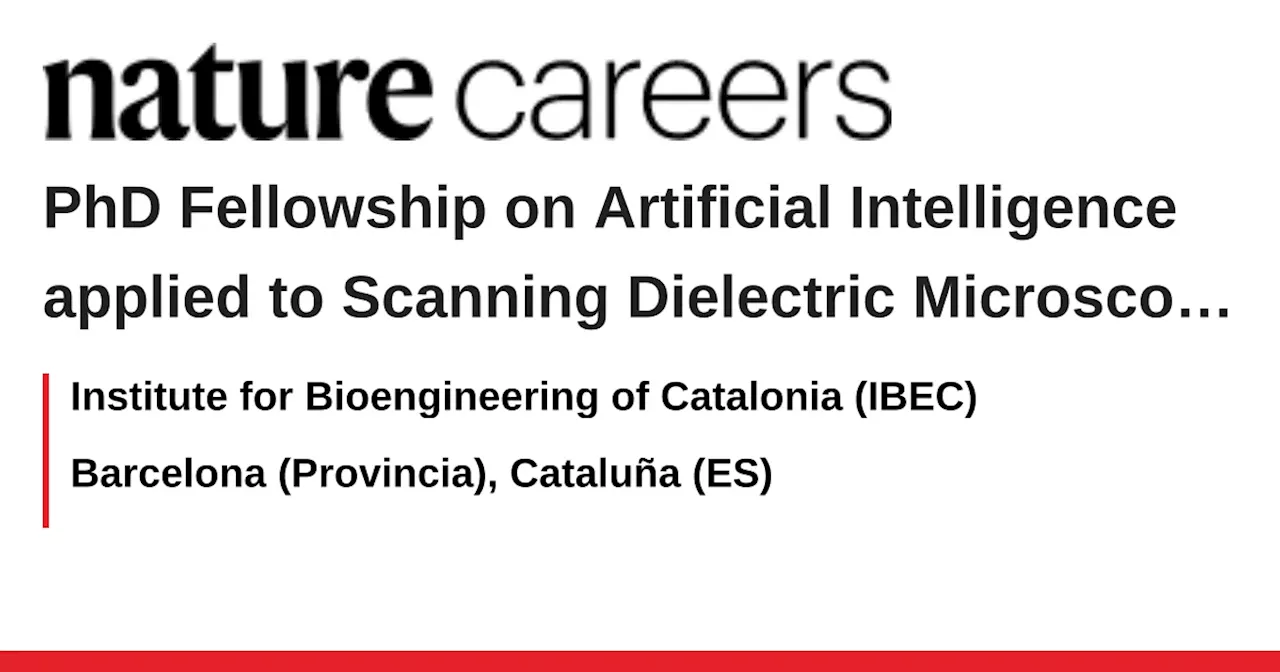 PhD Position in Autonomous Scanning Probe Microscopy powered by Artificial Intelligence (SPM4.0)This Horizon Europe MSCA-Doctoral Network offers a 3-year PhD position focused on developing autonomous scanning probe microscopes powered by Artificial Intelligence for Life Sciences and Medicine applications. The project involves 16 PhD positions distributed across 10 research centers and 3 companies in Europe. Successful candidates will gain expertise in advanced scanning probe microscopy, machine learning, and their biological and medical applications.
PhD Position in Autonomous Scanning Probe Microscopy powered by Artificial Intelligence (SPM4.0)This Horizon Europe MSCA-Doctoral Network offers a 3-year PhD position focused on developing autonomous scanning probe microscopes powered by Artificial Intelligence for Life Sciences and Medicine applications. The project involves 16 PhD positions distributed across 10 research centers and 3 companies in Europe. Successful candidates will gain expertise in advanced scanning probe microscopy, machine learning, and their biological and medical applications.
Read more »
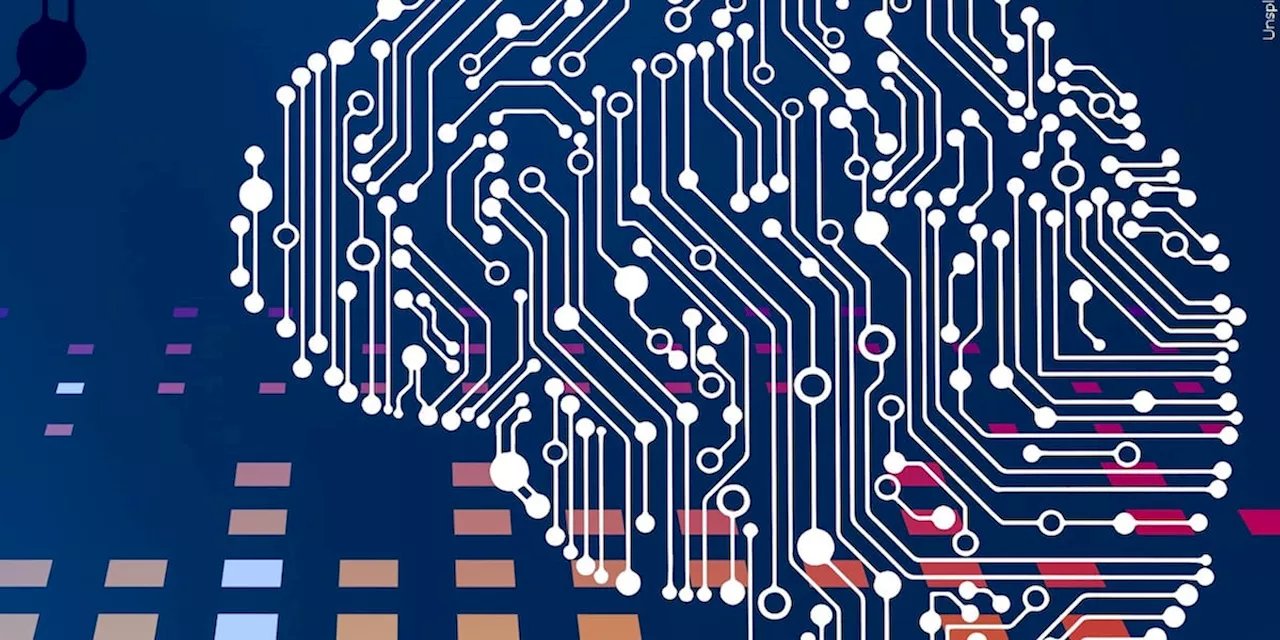 The fastest growing job sector is AI, report saysThe top two jobs were artificial intelligence engineer and artificial intelligence consultant.
The fastest growing job sector is AI, report saysThe top two jobs were artificial intelligence engineer and artificial intelligence consultant.
Read more »
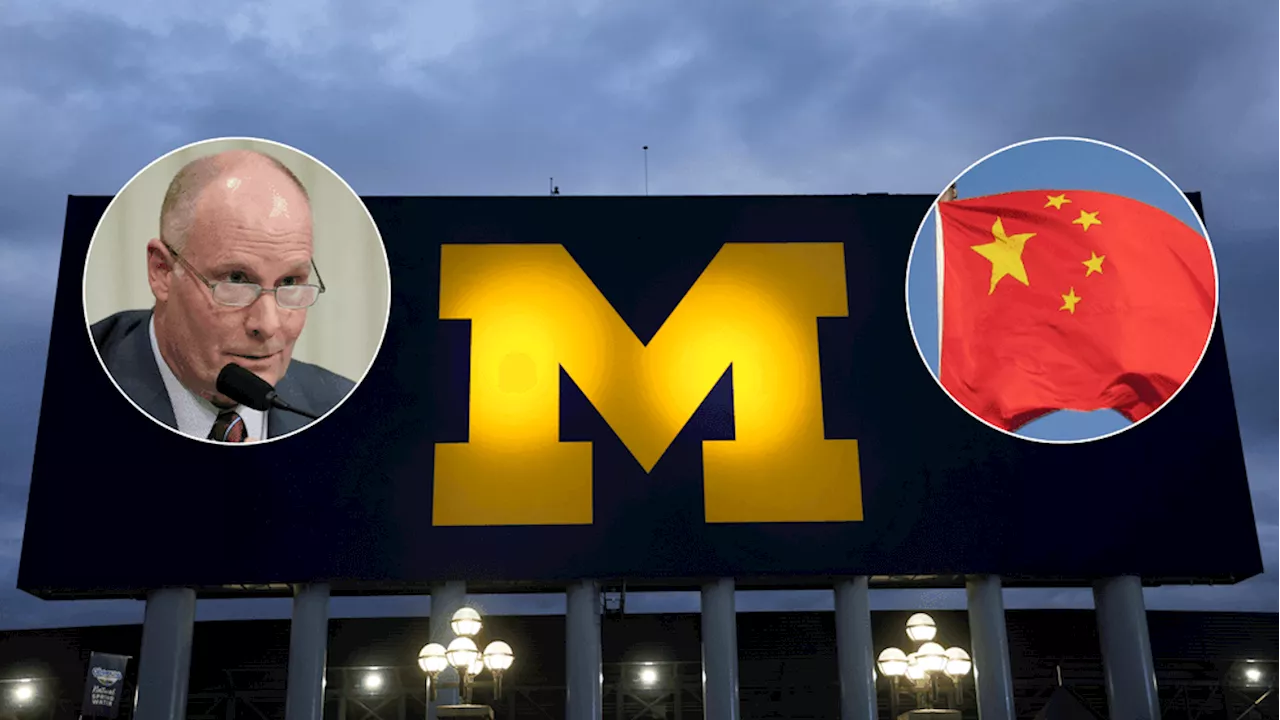 University of Michigan Ends Partnership with Chinese University Following Security ConcernsThe University of Michigan announced Friday it will end its two-decade-long partnership with Shanghai Jiao Tong University following pressure from a House GOP lawmaker over security concerns.
University of Michigan Ends Partnership with Chinese University Following Security ConcernsThe University of Michigan announced Friday it will end its two-decade-long partnership with Shanghai Jiao Tong University following pressure from a House GOP lawmaker over security concerns.
Read more »
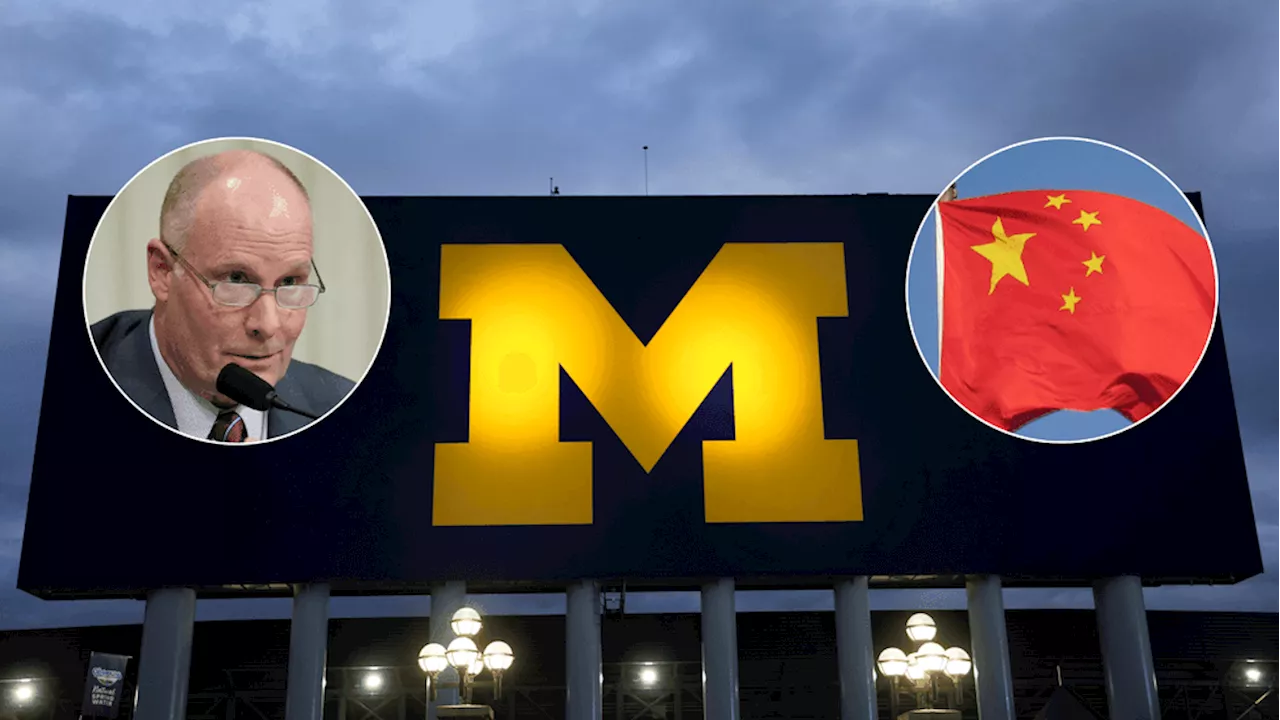 University of Michigan Ends Partnership with Chinese University Over Security ConcernsThe University of Michigan has ended its two-decade-long partnership with Shanghai Jiao Tong University following pressure from a House GOP lawmaker who raised concerns about the security implications of the collaboration. Rep. John Moolenaar, R-Mich., warned the university about the partnership, citing the case of five students from Shanghai Jiao Tong who were charged with lying to investigators after being found trespassing at Camp Grayling, a military base. The university acknowledged the concerns and stated that it remains committed to offering international experiences for its students while prioritizing national security.
University of Michigan Ends Partnership with Chinese University Over Security ConcernsThe University of Michigan has ended its two-decade-long partnership with Shanghai Jiao Tong University following pressure from a House GOP lawmaker who raised concerns about the security implications of the collaboration. Rep. John Moolenaar, R-Mich., warned the university about the partnership, citing the case of five students from Shanghai Jiao Tong who were charged with lying to investigators after being found trespassing at Camp Grayling, a military base. The university acknowledged the concerns and stated that it remains committed to offering international experiences for its students while prioritizing national security.
Read more »
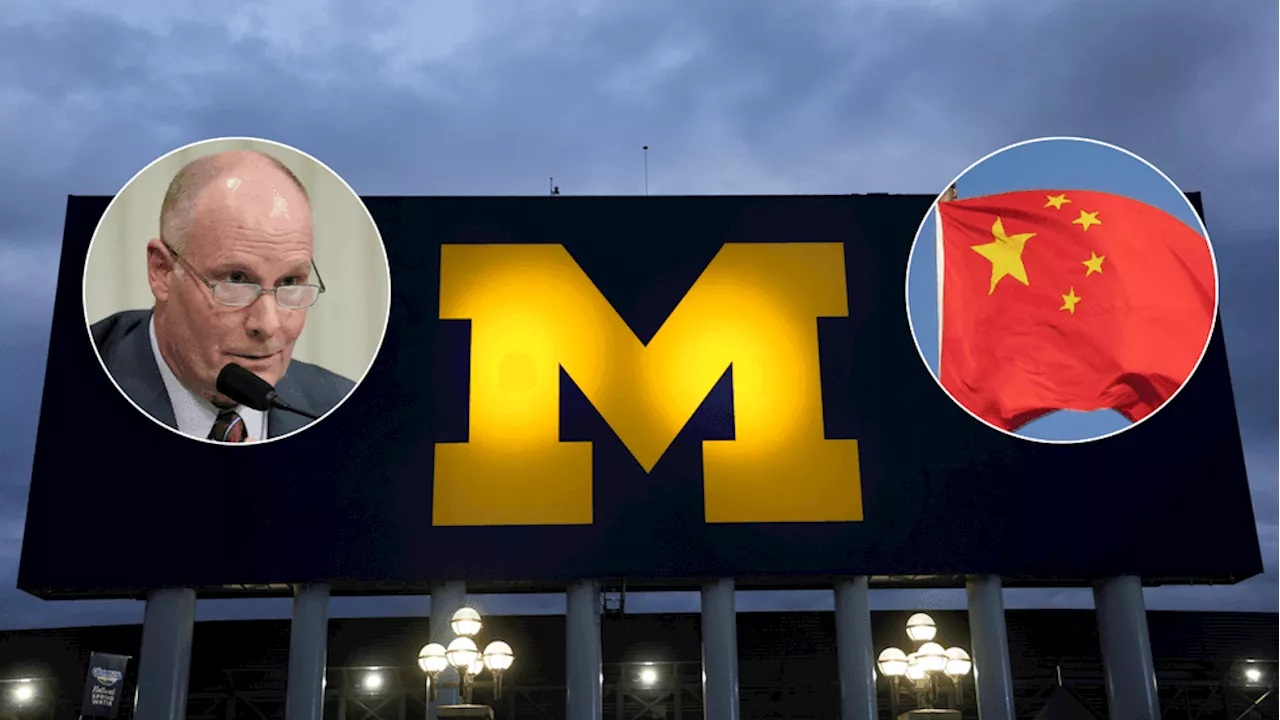 University of Michigan Ends Partnership with Chinese University Amid Security ConcernsThe University of Michigan has decided to terminate its long-standing partnership with Shanghai Jiao Tong University after pressure from a House GOP representative who raised concerns about national security. The decision comes following the arrest of five students from Shanghai Jiao Tong who were found trespassing at a military base.
University of Michigan Ends Partnership with Chinese University Amid Security ConcernsThe University of Michigan has decided to terminate its long-standing partnership with Shanghai Jiao Tong University after pressure from a House GOP representative who raised concerns about national security. The decision comes following the arrest of five students from Shanghai Jiao Tong who were found trespassing at a military base.
Read more »
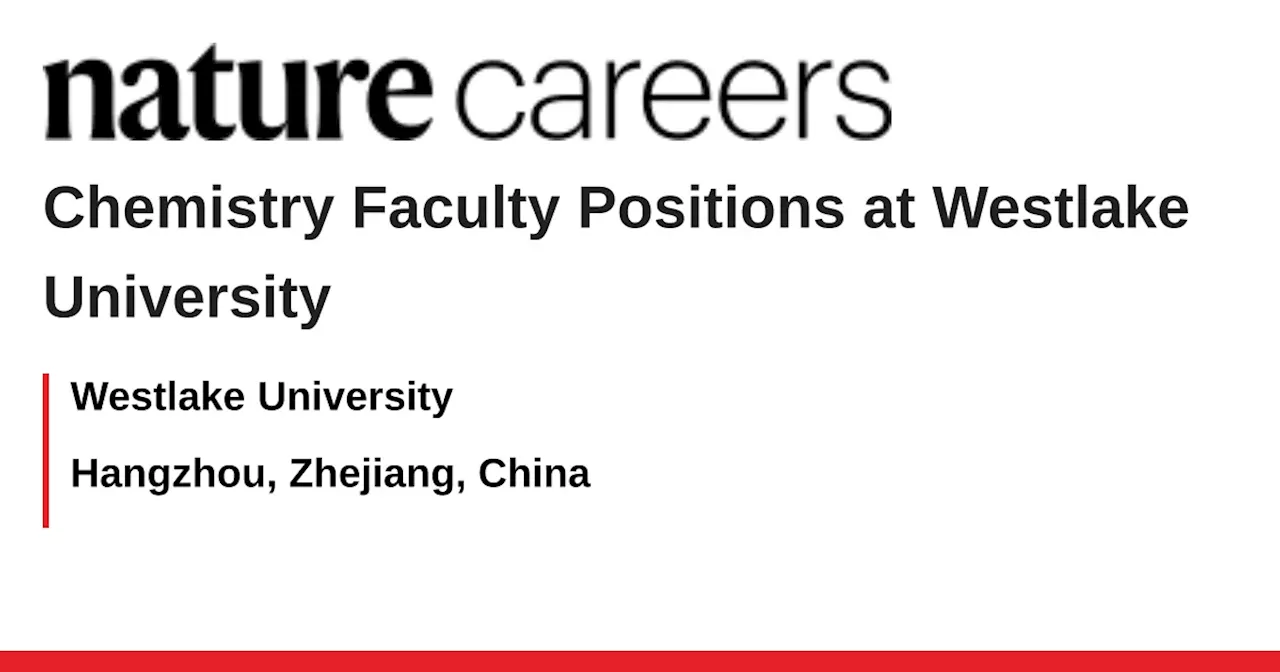 Chemistry Faculty Positions at Westlake University - Hangzhou, Zhejiang, China job with Westlake UniversityAbout us Founded in 2018, Westlake University is a new type of non-profit research-oriented university in Hangzhou, China, supported by both public and private funding.
Chemistry Faculty Positions at Westlake University - Hangzhou, Zhejiang, China job with Westlake UniversityAbout us Founded in 2018, Westlake University is a new type of non-profit research-oriented university in Hangzhou, China, supported by both public and private funding.
Read more »
